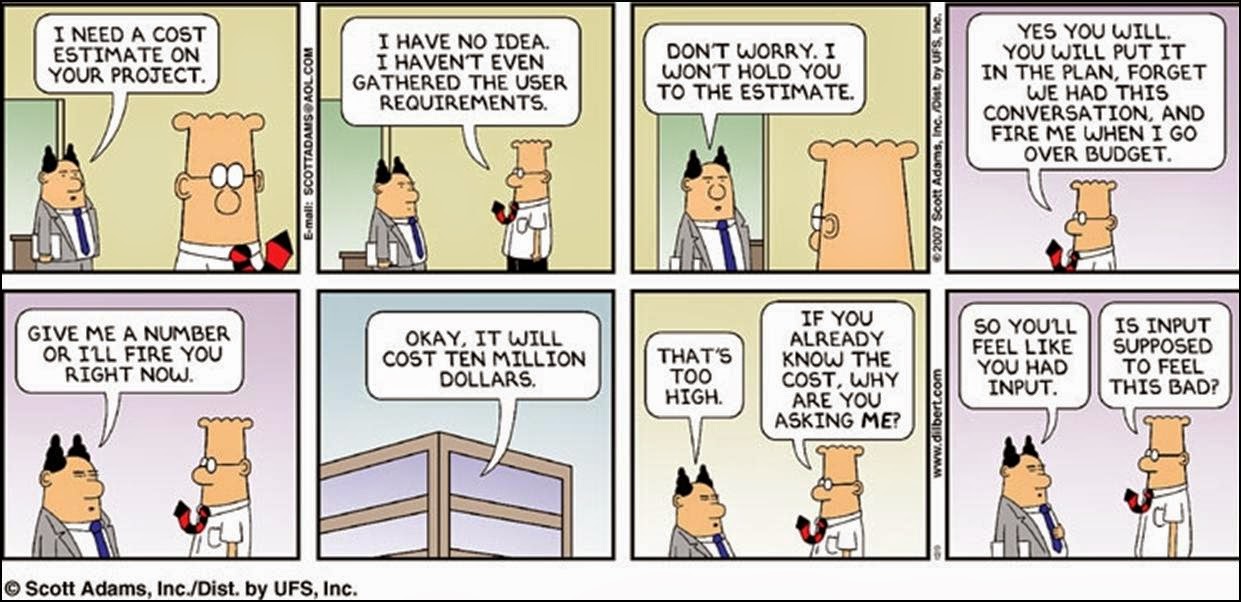In our organization all Product Owners (PO) fear or simply run away from estimation meeting. We started following Kanban and one major consideration amongst others were relief from those hour long estimation meetings.
Basically we made estimation meetings so painful that POs stopped asking for it. We started arguing about value of those estimation meeting. I am sure this scenario is not common to us. I felt, as if these developers have been burnt by giving estimate before. I am confident, management hold them accountable for the numbers they spoke.
I would try to resolve these issues by encouraging team to give honest estimation. I would also assured them that the number will not be taken against anybody if it turns out to bigger than what they feel. Also never use their estimates against them i.e. in reports or some charts. Remember estimates are not commitments. We estimate and then if necessary we commit. One of the most important factor in converting an estimation into commitments, are cost of being wrong. A team facing high cost for being wrong would give a different commitment from being a team which pays no cost at all.
I would recommend explaining them the benefit of estimation meeting from team's perspective. We all know why estimation is important for client/customer/PO but why it is important to team. (Mike Cohn gave an awesome tip, which I love to follow.). Team develops credibility by giving an estimate and sticking to it. If team has track record of providing estimate and meeting them. Business will listen when team says certain deadline is impossible. I am sure every team likes to be heard.
Cheers
Manisha

